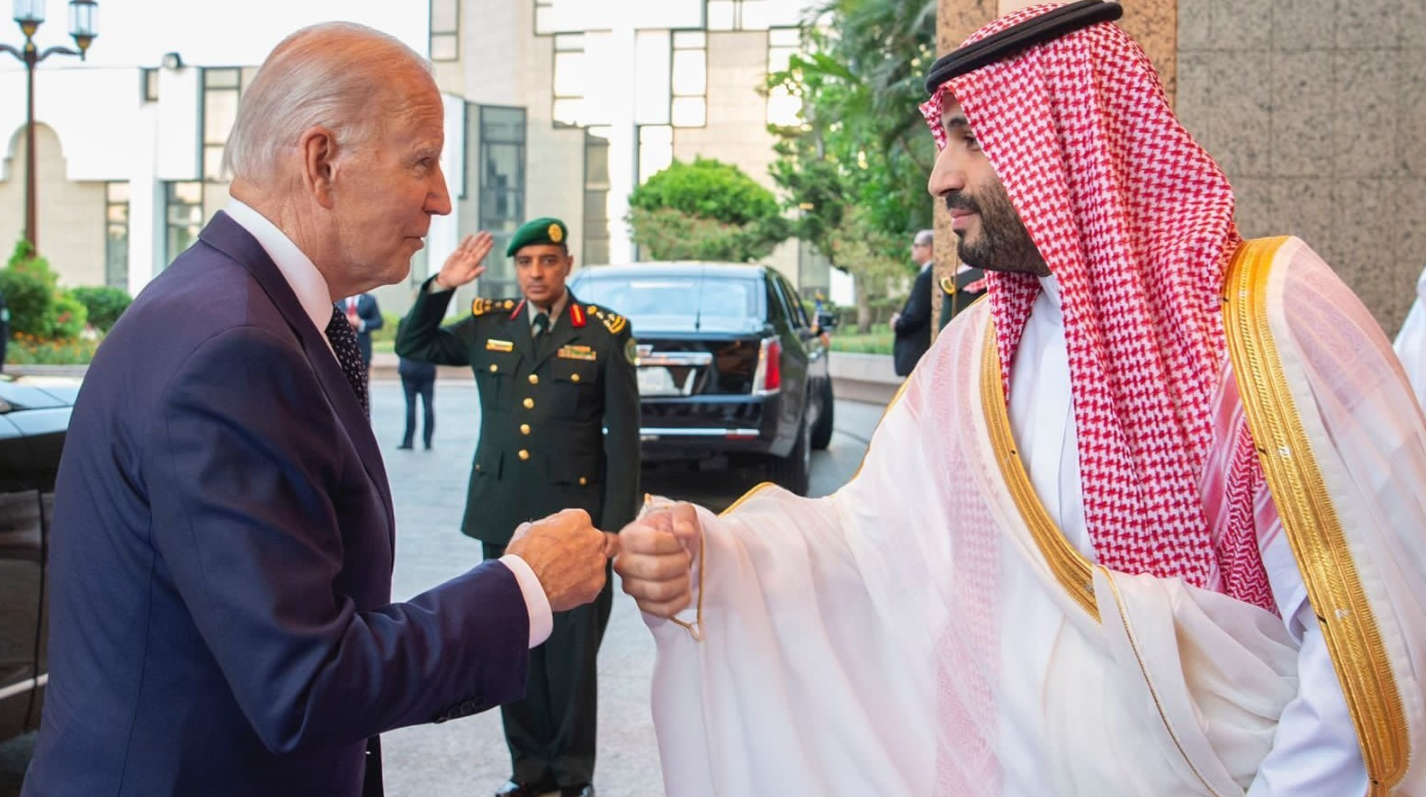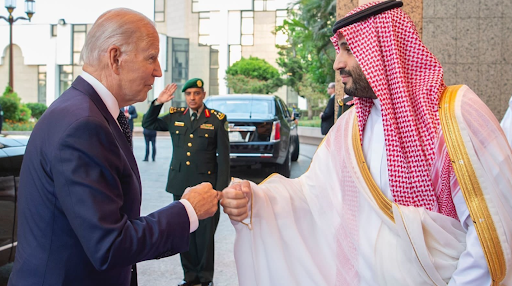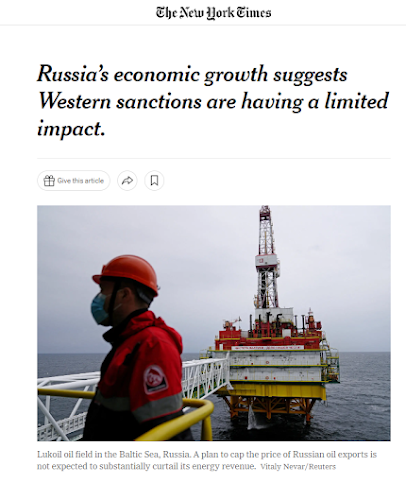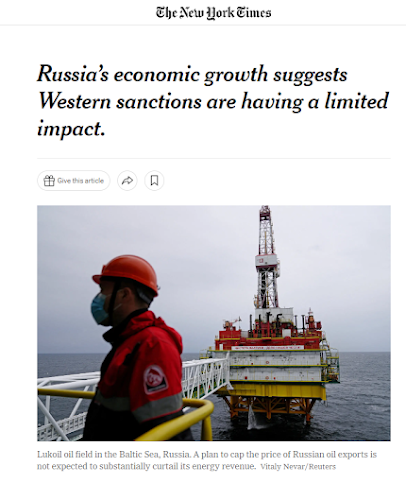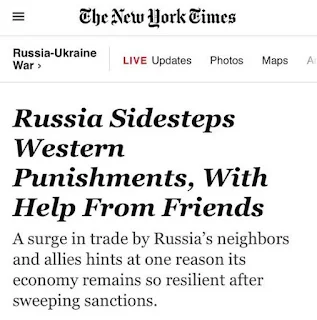
The Aftershocks of France’s Colonial Supremacy is Empowered by its Current Hubris
France continues to refuse to accept responsibility over its crimes of colonialism in Algeria, refuse to pay reparations for the harm it caused to Algerian families, and refuse to pay for the cleanup of its nuclear waste in the Algerian Sahara that is still causing harm to people and the environment. Yet, French leaders continue to lecture Muslim-majority countries about human rights and insist that they do not have access to nuclear technology, be it peaceful or otherwise. Historical records, however, show how France’s actions have created many of the most perennial problems that it now wants other countries to solve. Among these actions taken by French leaders is how their determination to hold on to Algeria allowed them to help other colonizers develop weapons of mass destruction and shield them from any criticism and safety measures, such as the monitoring of nuclear facilities by UN institutions, while they continue to accuse Muslim-majority countries of being irresponsible with their developing of nuclear programs.
Here is a good place to start reading about this and related topics:
Specifically, during the mid-1950s France’s control over Algeria—which it considered part of France and not just another colony—was increasingly contested by a domestic insurgency that was receiving substantial support from the Egyptian leader Gamal Abdel Nasser. Paris responded by eliciting Israel’s help in providing intelligence on the Algerian situation in return for French conventional weaponry. The opportunity to transform this into nuclear cooperation presented itself in 1956 when Paris asked Israel to provide France and Britain with a pretext to intervene militarily in what became the Suez Canal crisis.
-- From The Story of How American Jews and France Built Israel’s Nuclear Weapons

